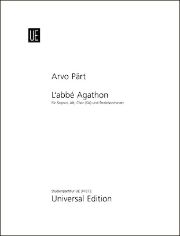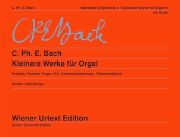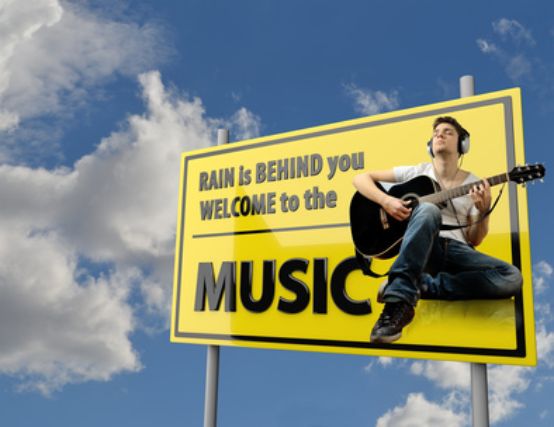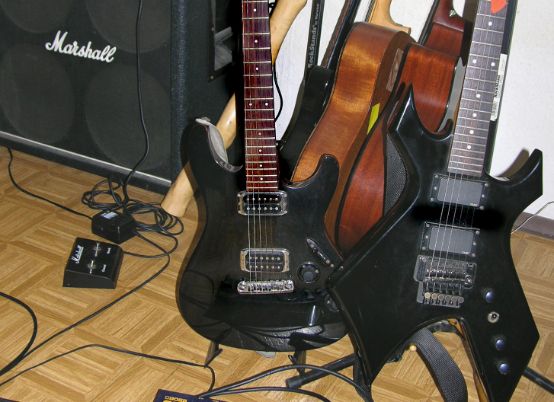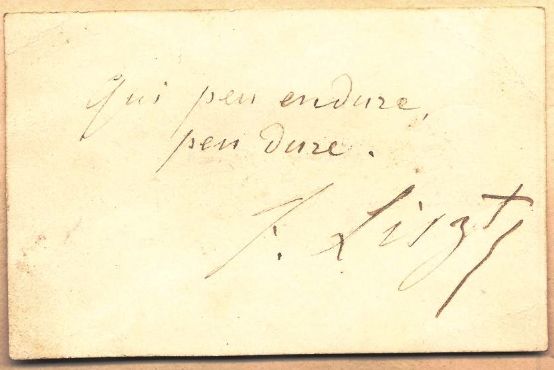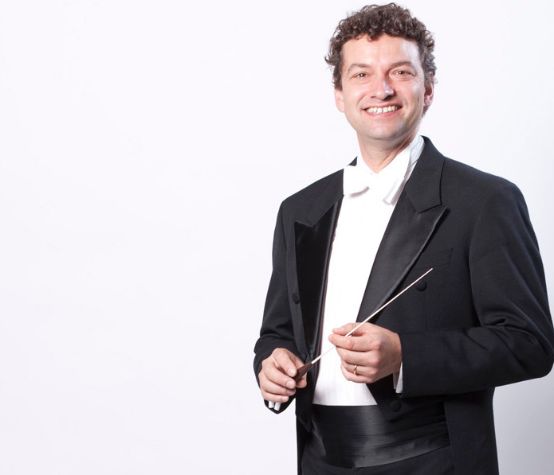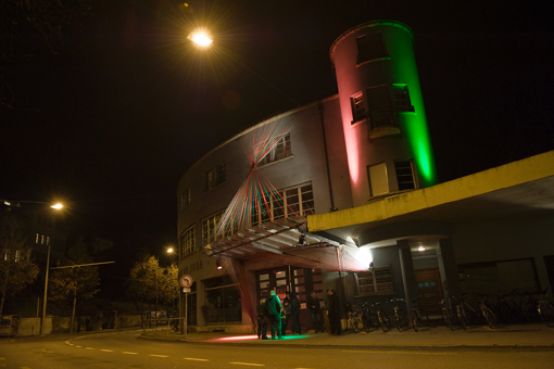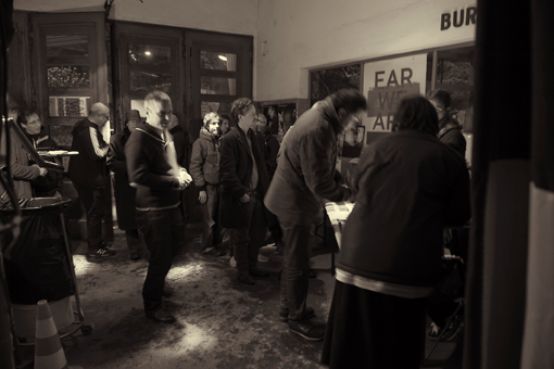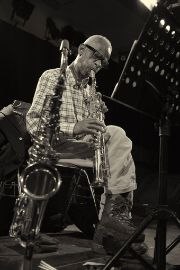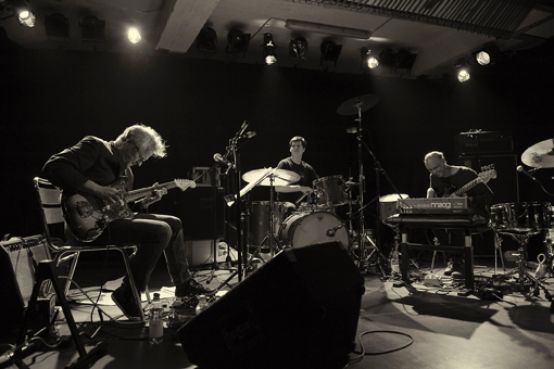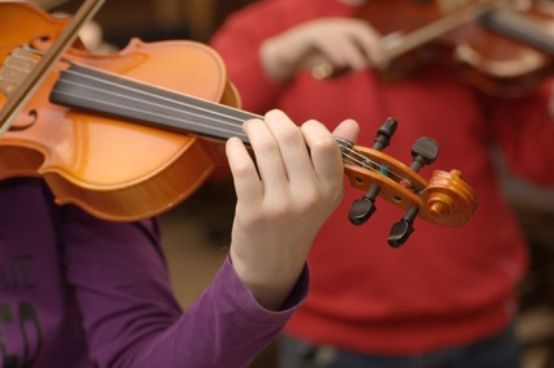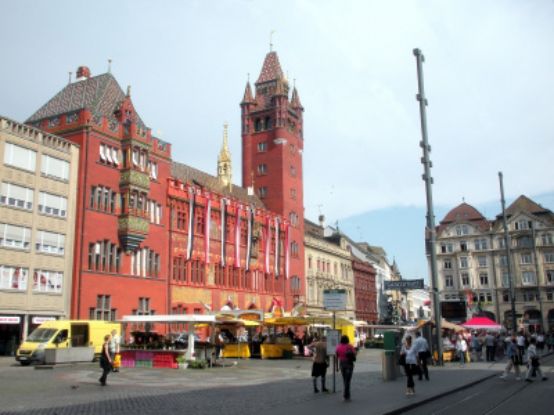Musical dialog by Arvo Pärt
"L'Abbé Agathon" for soloists, female choir and string orchestra.

In this 15-minute French-language work, Arvo Pärt explores the temptation of Abbot Agathon. He meets a leper who asks him to take him into town to do some shopping. However, the leper has no money. In the end, the abbot buys him a cake and brings it back. Suddenly the leper disappears from his sight and in the end reveals himself to be an angel of God.
Pärt conducts the dialog in short motifs consisting of three to four notes. The pauses in the conversation illustrate the fear of infection, which was widespread for a long time. Lepers were largely excluded from society and lived in great loneliness. The choir is assigned the task of narrator, and this in monophonic form. The soloists take on the pleas of the leper, symbolizing the voices from above. The string orchestra is made up of two violins, four violas, three cellos and a double bass. The uncertain mood between the dialogues is bridged in an exciting way by the string orchestra.
Arvo Pärt, L'Abbé Agathon, for soprano, alto, choir SA and string orchestra, study score (French/English), UE 34672, € 26.95, Universal Edition, Vienna 2011






